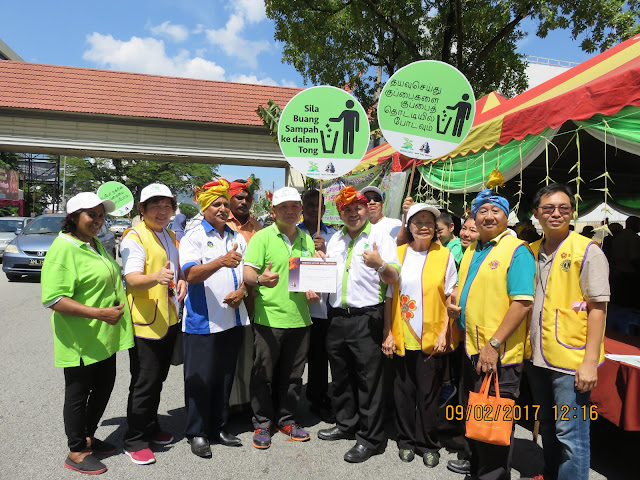LETTER | I applaud the government’s recent effort to ban the use of plastic straws. Apart from the cries of the disabled on their right to be given an exception, many NGO representatives, politicians, media members and even fellow netizens welcomed the effort.
Disheartening through the viral video of a plastic straw being pulled out from the nostril of a turtle, many vented their anger on plastic straws and its negative environmental impact.
Nevertheless, I do not think most of us are aware of the real reason for the ban of plastic straws which started from the western front.
To explain my view though numbers, the UN Environment Programme reported that an estimated nine million metric tonnes of plastic material finds its way into the ocean yearly and apparently, plastic straws contribute only 2,000 tonnes from the amount. That calculates to a trifling 0.025 percent.
The ban on plastic straws is actually an effort to elevate awareness on the environmental impact of non-degradable man-made plastic materials which tend to outlive its source.
Apart from plastic straws, the effort will soon expand to the likes of plastic bottle caps, cotton buds, wet wipes, stir sticks and many more single-use plastics. These efforts are taken to intentionally highlight that plastic litter is the problem, not plastic.
We Malaysians need a mindset and attitude change through self-awareness and critical thinking. The effort to demonise plastic to conceal humans' lackadaisical, excessive, wasteful usage of single-use plastics accompanied by poor waste management, shows that we are living in denial.
Supporting the ban on the use of plastics without realising the cause of plastic pollution is like treating the symptoms, not the disease.
On the other hand, the drive to find a substitute for single-use plastics must a undergo substantial research prior to implementation. Based on an interesting life cycle analysis of plastic bags in 2011, the UK Environment Agency reported that plastic bags are the most environmentally-friendly in comparison to bags made from starch-based biodegradables, jute or paper.
The study concluded that the ban on plastic bags actually could be worse for the environment as the alternatives have higher global warming potentials (GWP) values. In order to match the GWP value of a single plastic bag, the starch-based bag needs to be reused four times; paper bag demands five times reuse; while jute needs a staggering 173 times of reuse.
The Malaysian Plastics Manufacturers Association (MPMA) president, Lim Kok Boon, earlier this year explained that landfills today are engineered to eliminate moisture and retard biodegradation.
Due to the lack of oxygen, most of the waste go through anaerobic (without oxygen) degradation and releases methane gas (CH4) instead of carbon dioxide (CO2). Both are greenhouse gases that cause global warming, and methane is 22 times more harmful than carbon dioxide. This further discourages the use of biodegradable materials to substitute plastics.
Economically, taking into consideration that the Malaysian plastic exports amounted to RM30 billion last year with RM3.5 billion associated with recycling, the demonisation of plastic will do more harm than good.
The growing demand for food, beverages, pharmaceutical and electronic industries compounded by the Chinese ban on plastic waste imports is expected to propel the industry to greater value in 2019.
In conclusion, a comprehensive solution for the waste management crisis lies in awareness, education and a change of mindset. Modelling Japan, a country which practises efficient waste management measures to curb environmental pollution caused by plastic disposal, we should practice a matured approach.
As the quote by Anthony J. D’Angelo says, “When solving problems, dig at the roots instead of just hacking at the leaves”. The next time you see a discarded plastic material on the ground, pick it up and dispose of it properly before it gets ingested by a fish which may end up on your dinner plate.
















